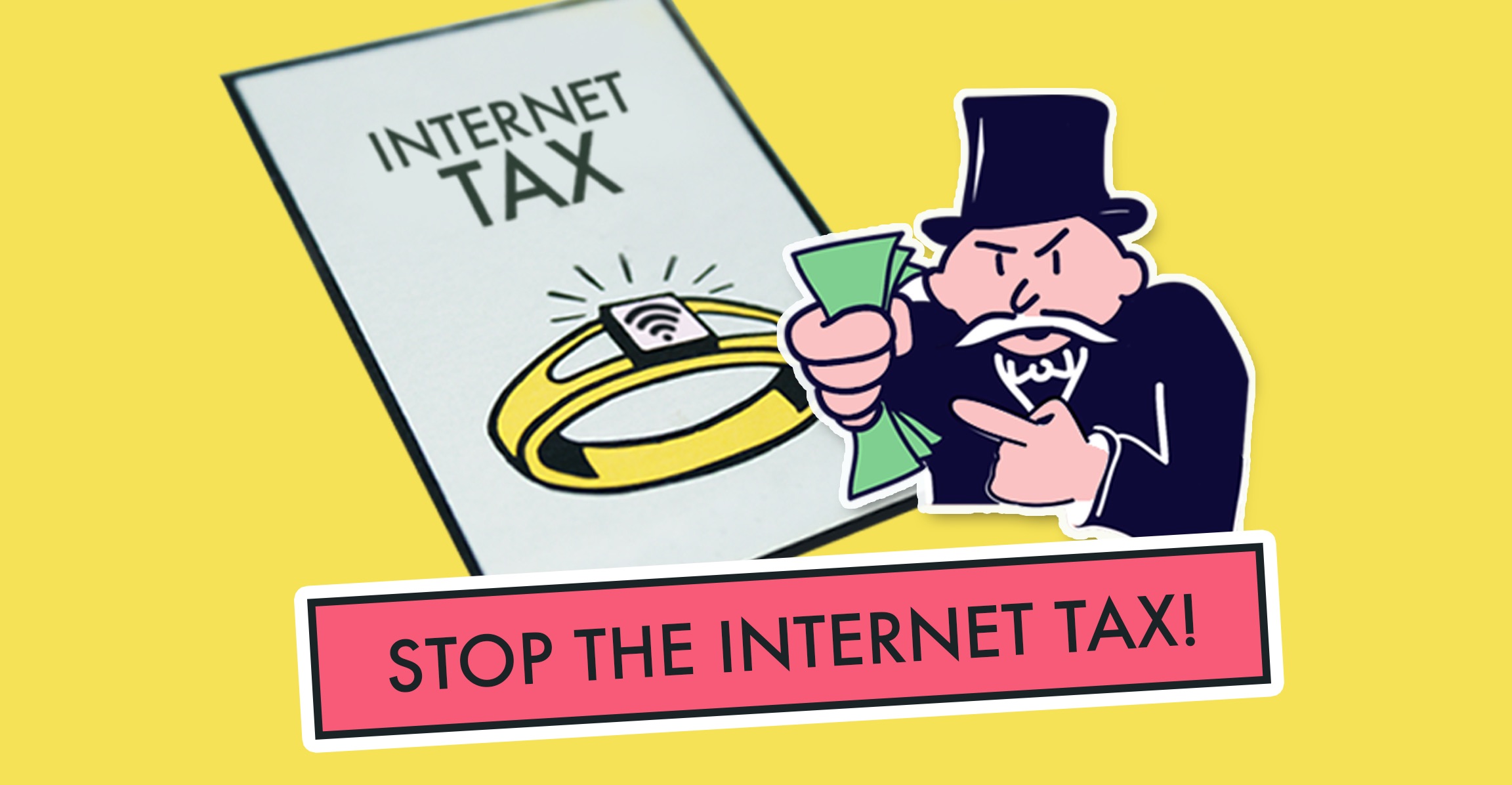The laws that affect all of Canada’s communications systems are up for review right now, and the stakes are high. The Broadcasting and Telecommunications Acts review is riling up lobbyists from all sides, as this is a unique opportunity to sneak in their wish lists into the acts that will shape the future of Canada’s internet for years to come. The relentless attempts by corporate and public lobbying bodies to introduce an internet tax indicate that this proposal is high on their wish lists.
Sadly, this time the internet tax is being proposed by the CBC and the CRTC themselves. The Canadian Broadcasting Corporation — our national public broadcaster — and the Canadian Radio-television and Telecommunications Commission — Canada’s telecom regulatory body — are introducing the new tax proposal as part of their submissions to the Broadcasting and Telecom Acts review. Their intention: subsidizing content industries.
An internet tax would require internet service providers (ISPs) to pay into content funding, like conventional broadcasters do. This completely disregards the fact that the internet is used for much more than just streaming content — think of all the emails, messaging, shopping, educational uses, video conferencing and all the other uses that have little to do with the consumption of streamed content. Moreover, this corporate subsidy would be paid for by passing the bill on to internet users in Canada, who already pay some of the highest prices for telecom services in the industrialized world for sub par service. Higher internet prices will unequivocally make these technologies even less accessible, exacerbating Canada’s digital divide.
The idea is that the new tax will help fund Canadian creators, but this argument has long been debunked. Pretty much in the style of the “trickle-down” myth, these subsidies usually get stuck in the hands of established content corporations and rarely make it into the hands of those who need it the most: smaller independent content creators. Taxing the open internet to subsidize a struggling Big Media content industry is not the way to go.
Fortunately, we have another shot at preventing this new internet tax proposal from coming into effect. OpenMedia has set up a tool that allows constituents to write directly to members of Parliament to let them know, with informed arguments, why an internet tax would be bad for people in Canada and urge them to reject the proposal before it’s too late.
We encourage you to take action now, before the election season kicks off, so no matter who wins the election the message is loud and clear: people in Canada reject the internet tax and would rather see more effective solutions to support content creators in Canada. For example, a good start would be to ensure all online services pay a federal sales tax (HST) in Canada and to direct part of this money from the general budget back to funding and promotion of Canadian content.
To learn more and take action, check out our action at https://act.openmedia.org/axeTheInternetTax/ and share it with your friends to get the message out.
Marianela Ramos Capelo is the design specialist in the communications team for OpenMedia, a non-profit organization that works to keep the internet open, affordable, and surveillance-free.
Image: OpenMedia



